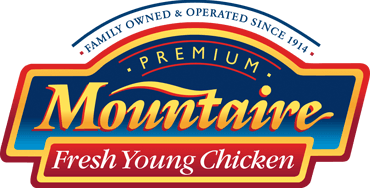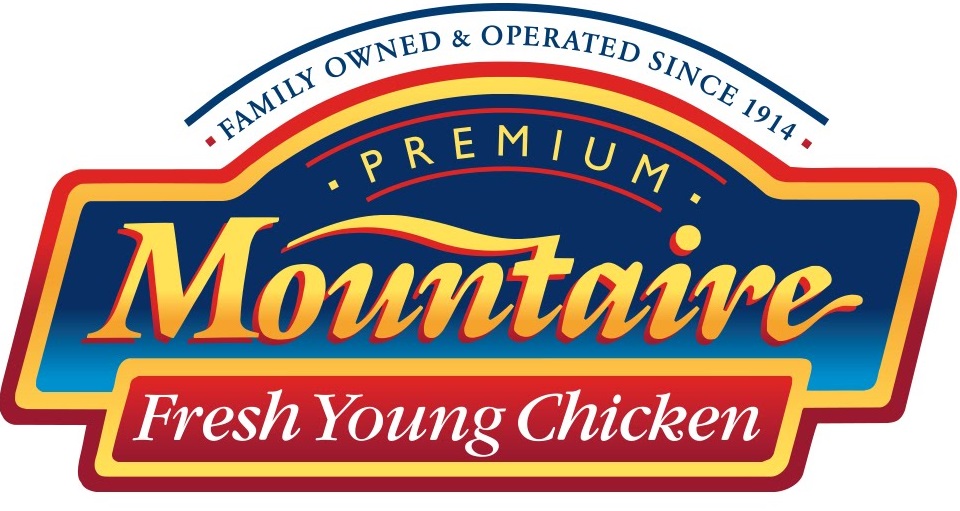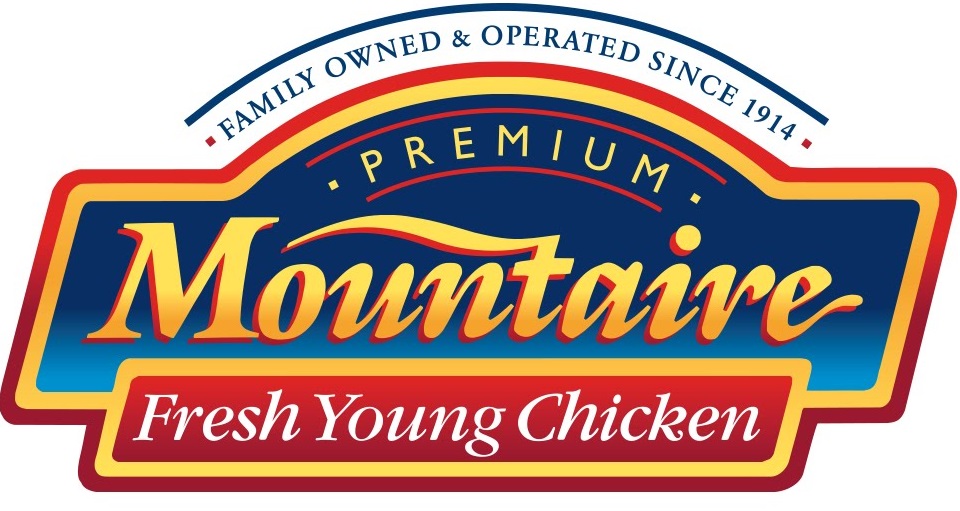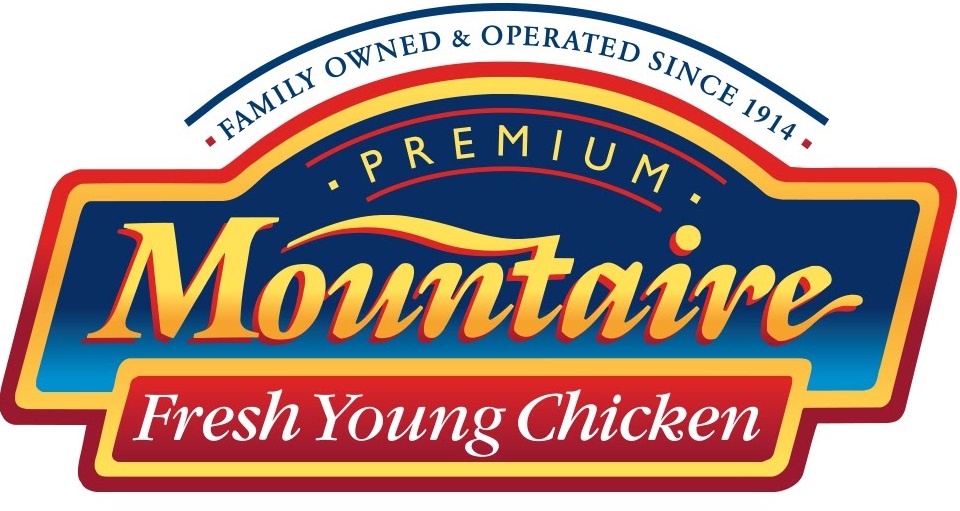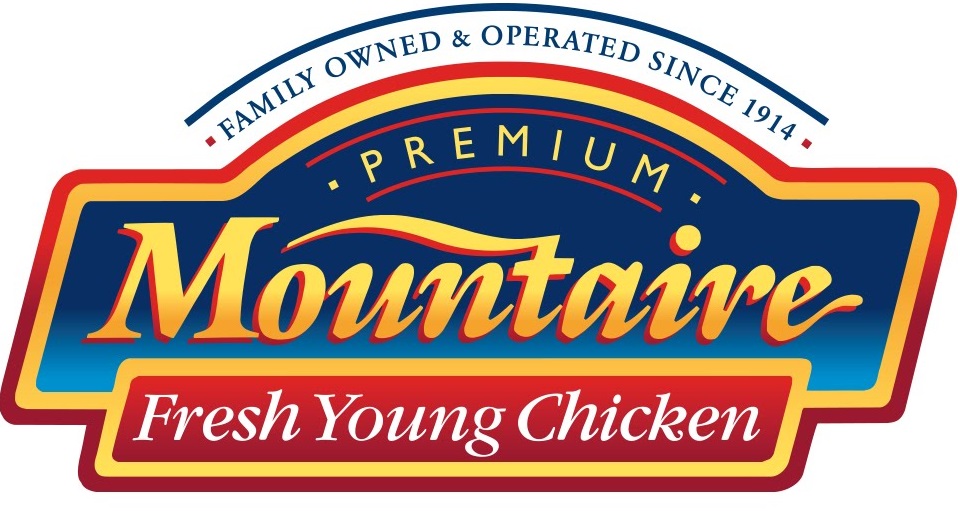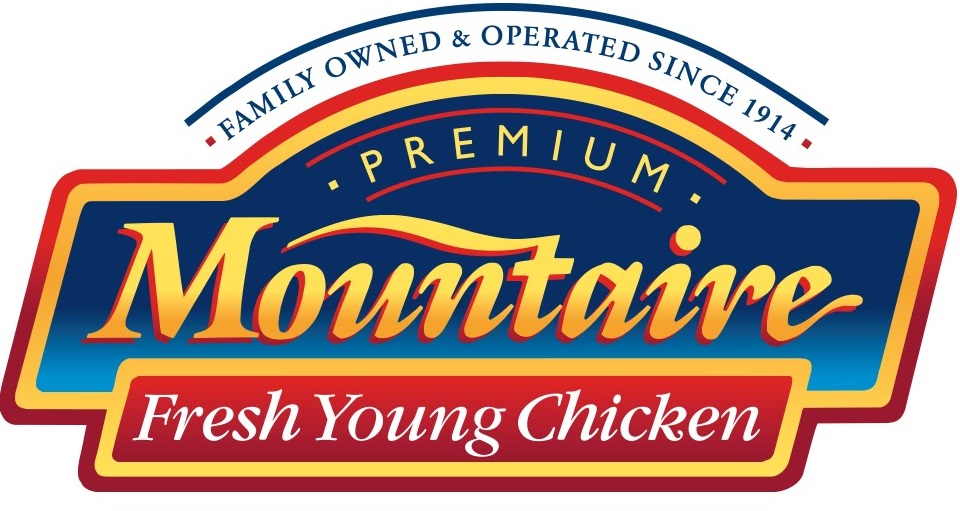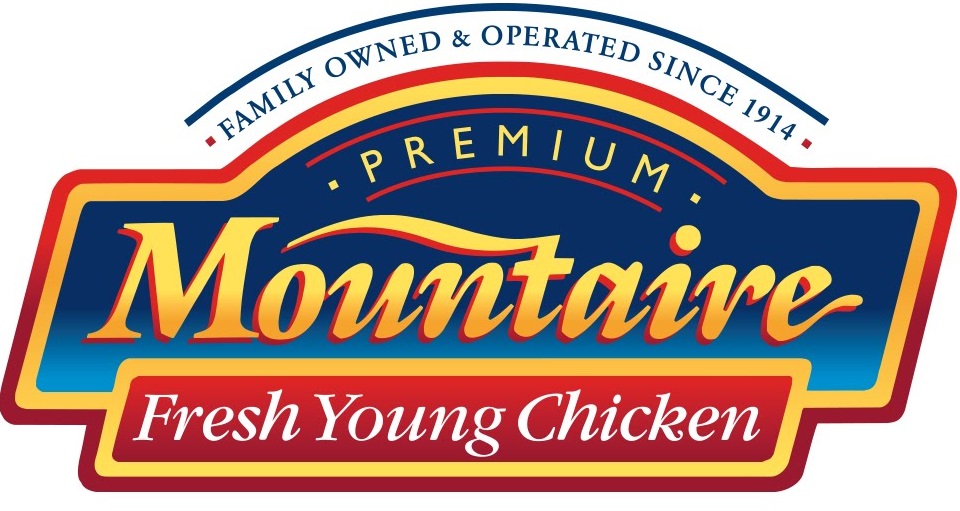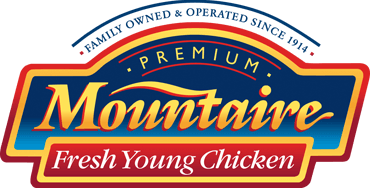Title Page
-
Prepared by
-
Please upload the inspection log onto Intelex when completed, and keep a hard copy of the completed form on file at the facility for 3 years
North Portion of Site
-
Instructions: This inspection record will be completed every month. Please mark “good” for criteria meeting expectations. If any response requires elaboration, do so in the Notes space provided. Further descriptions or comments should be attached on a
separate sheet of paper if necessary.
FT-1
-
Tank/container surfaces (note signs of leakage, verify proper labeling)
-
Notes
-
Tank bolts, rivets, seams and welds (note signs of corrosion, damage)
-
Notes
-
Tanks condition (note any damage, rust, or deteriorated)
-
Notes
-
Tank appurtenances: Level gauge, vent, fill port cap, drain (note any damage)
-
Notes
-
Tank supports (note erosion or settling)
-
Notes
-
Tank foundation (note any damage)
-
Notes
-
Level gauges or alarms condition (note if inoperative, damaged)
-
Notes
-
Vents, O-rings, Gaskets (note if vents are obstructed or gaskets & o-rings show<br>deterioration)
-
Notes
-
Pipelines, hose, fittings, pumps, and supports (note if damaged or deteriorated)
-
Notes
-
Unloading area (note tanker containment availability, condition)
-
Notes
-
Connections (note if required caps or blanks are not in use)
-
Notes
-
Secondary and tanker containment (note condition, utilization, area drainage)
-
Notes
-
Verify that spill supplies are as described in the SPCC Plan (check all if adequate)
-
Notes
-
Interstice tank (check to ensure no product has leaked into interstice tank)
-
Notes
-
Water in tank (check to ensure no water is in the tank)
-
Notes
-
Fencing, gates, or lighting (note if non-functional)
-
Notes
-
Site drainage (note sediment that needs removal, excessive puddling or erosion)
-
Notes
FT-2
-
Tank/container surfaces (note signs of leakage, verify proper labeling)
-
Notes
-
Tank bolts, rivets, seams and welds (note signs of corrosion, damage)
-
Notes
-
Tanks condition (note any damage, rust, or deteriorated)
-
Notes
-
Tank appurtenances: Level gauge, vent, fill port cap, drain (note any damage)
-
Notes
-
Tank supports (note erosion or settling)
-
Notes
-
Tank foundation (note any damage)
-
Notes
-
Level gauges or alarms condition (note if inoperative, damaged)
-
Notes
-
Vents, O-rings, Gaskets (note if vents are obstructed or gaskets & o-rings show<br>deterioration)
-
Notes
-
Pipelines, hose, fittings, pumps, and supports (note if damaged or deteriorated)
-
Notes
-
Unloading area (note tanker containment availability, condition)
-
Notes
-
Connections (note if required caps or blanks are not in use)
-
Notes
-
Secondary and tanker containment (note condition, utilization, area drainage)
-
Notes
-
Verify that spill supplies are as described in the SPCC Plan (check all if adequate)
-
Notes
-
Interstice tank (check to ensure no product has leaked into interstice tank)
-
Notes
-
Water in tank (check to ensure no water is in the tank)
-
Notes
-
Fencing, gates, or lighting (note if non-functional)
-
Notes
-
Site drainage (note sediment that needs removal, excessive puddling or erosion)
-
Notes
FT-3
-
Tank/container surfaces (note signs of leakage, verify proper labeling)
-
Notes
-
Tank bolts, rivets, seams and welds (note signs of corrosion, damage)
-
Notes
-
Tanks condition (note any damage, rust, or deteriorated)
-
Notes
-
Tank appurtenances: Level gauge, vent, fill port cap, drain (note any damage)
-
Notes
-
Tank supports (note erosion or settling)
-
Notes
-
Tank foundation (note any damage)
-
Notes
-
Level gauges or alarms condition (note if inoperative, damaged)
-
Notes
-
Vents, O-rings, Gaskets (note if vents are obstructed or gaskets & o-rings show<br>deterioration)
-
Notes
-
Pipelines, hose, fittings, pumps, and supports (note if damaged or deteriorated)
-
Notes
-
Unloading area (note tanker containment availability, condition)
-
Notes
-
Connections (note if required caps or blanks are not in use)
-
Notes
-
Secondary and tanker containment (note condition, utilization, area drainage)
-
Notes
-
Verify that spill supplies are as described in the SPCC Plan (check all if adequate)
-
Notes
-
Interstice tank (check to ensure no product has leaked into interstice tank)
-
Notes
-
Water in tank (check to ensure no water is in the tank)
-
Notes
-
Fencing, gates, or lighting (note if non-functional)
-
Notes
-
Site drainage (note sediment that needs removal, excessive puddling or erosion)
-
Notes
FO-1
-
Tank/container surfaces (note signs of leakage, verify proper labeling)
-
Notes
-
Tank bolts, rivets, seams and welds (note signs of corrosion, damage)
-
Notes
-
Tanks condition (note any damage, rust, or deteriorated)
-
Notes
-
Tank appurtenances: Level gauge, vent, fill port cap, drain (note any damage)
-
Notes
-
Tank supports (note erosion or settling)
-
Notes
-
Tank foundation (note any damage)
-
Notes
-
Level gauges or alarms condition (note if inoperative, damaged)
-
Notes
-
Vents, O-rings, Gaskets (note if vents are obstructed or gaskets & o-rings show<br>deterioration)
-
Notes
-
Pipelines, hose, fittings, pumps, and supports (note if damaged or deteriorated)
-
Notes
-
Unloading area (note tanker containment availability, condition)
-
Notes
-
Connections (note if required caps or blanks are not in use)
-
Notes
-
Secondary and tanker containment (note condition, utilization, area drainage)
-
Notes
-
Verify that spill supplies are as described in the SPCC Plan (check all if adequate)
-
Notes
-
Interstice tank (check to ensure no product has leaked into interstice tank)
-
Notes
-
Water in tank (check to ensure no water is in the tank)
-
Notes
-
Fencing, gates, or lighting (note if non-functional)
-
Notes
-
Site drainage (note sediment that needs removal, excessive puddling or erosion)
-
Notes
FO-2
-
Tank/container surfaces (note signs of leakage, verify proper labeling)
-
Notes
-
Tank bolts, rivets, seams and welds (note signs of corrosion, damage)
-
Notes
-
Tanks condition (note any damage, rust, or deteriorated)
-
Notes
-
Tank appurtenances: Level gauge, vent, fill port cap, drain (note any damage)
-
Notes
-
Tank supports (note erosion or settling)
-
Notes
-
Tank foundation (note any damage)
-
Notes
-
Level gauges or alarms condition (note if inoperative, damaged)
-
Notes
-
Vents, O-rings, Gaskets (note if vents are obstructed or gaskets & o-rings show<br>deterioration)
-
Notes
-
Pipelines, hose, fittings, pumps, and supports (note if damaged or deteriorated)
-
Notes
-
Unloading area (note tanker containment availability, condition)
-
Notes
-
Connections (note if required caps or blanks are not in use)
-
Notes
-
Secondary and tanker containment (note condition, utilization, area drainage)
-
Notes
-
Verify that spill supplies are as described in the SPCC Plan (check all if adequate)
-
Notes
-
Interstice tank (check to ensure no product has leaked into interstice tank)
-
Notes
-
Water in tank (check to ensure no water is in the tank)
-
Notes
-
Fencing, gates, or lighting (note if non-functional)
-
Notes
-
Site drainage (note sediment that needs removal, excessive puddling or erosion)
-
Notes
South Portion of Site
-
Instructions: This inspection record will be completed every month. Please mark “good” for criteria meeting expectations. If any response requires elaboration, do so in the Notes space provided. Further descriptions or comments should be attached on a
separate sheet of paper if necessary.
MO-1
-
Tank/container surfaces (note signs of leakage, verify proper labeling)
-
Notes
-
Tank bolts, rivets, seams and welds (note signs of corrosion, damage)
-
Notes
-
Tanks condition (note any damage, rust, or deteriorated)
-
Notes
-
Tank appurtenances: Level gauge, vent, fill port cap, drain (note any damage)
-
Notes
-
Tank supports (note erosion or settling)
-
Notes
-
Tank foundation (note any damage)
-
Notes
-
Tank supports (note erosion or settling)
-
Notes
-
Level gauges or alarms condition (note if inoperative, damaged)
-
Notes
-
Vents, O-rings, Gaskets (note if vents are obstructed or gaskets & o-rings show<br>deterioration)
-
Notes
-
Pipelines, hose, fittings, pumps, and supports (note if damaged or deteriorated)
-
Notes
-
Unloading area (note tanker containment availability, condition)
-
Notes
-
Connections (note if required caps or blanks are not in use)
-
Notes
-
Secondary and tanker containment (note condition, utilization, area drainage)
-
Notes
-
Verify that spill supplies are as described in the SPCC Plan (check all if adequate)
-
Notes
-
Interstice tank (check to ensure no product has leaked into interstice tank)
-
Notes
-
Interstice tank (check to ensure no product has leaked into interstice tank)
-
Notes
-
Water in tank (check to ensure no water is in the tank)
-
Notes
-
Fencing, gates, or lighting (note if non-functional)
-
Notes
-
Site drainage (note sediment that needs removal, excessive puddling or erosion)
-
Notes
HO-1
-
Tank/container surfaces (note signs of leakage, verify proper labeling)
-
Notes
-
Tank bolts, rivets, seams and welds (note signs of corrosion, damage)
-
Notes
-
Tanks condition (note any damage, rust, or deteriorated)
-
Notes
-
Tank appurtenances: Level gauge, vent, fill port cap, drain (note any damage)
-
Notes
-
Tank supports (note erosion or settling)
-
Notes
-
Tank foundation (note any damage)
-
Notes
-
Tank supports (note erosion or settling)
-
Notes
-
Level gauges or alarms condition (note if inoperative, damaged)
-
Notes
-
Vents, O-rings, Gaskets (note if vents are obstructed or gaskets & o-rings show<br>deterioration)
-
Notes
-
Pipelines, hose, fittings, pumps, and supports (note if damaged or deteriorated)
-
Notes
-
Unloading area (note tanker containment availability, condition)
-
Notes
-
Connections (note if required caps or blanks are not in use)
-
Notes
-
Secondary and tanker containment (note condition, utilization, area drainage)
-
Notes
-
Verify that spill supplies are as described in the SPCC Plan (check all if adequate)
-
Notes
-
Interstice tank (check to ensure no product has leaked into interstice tank)
-
Notes
-
Interstice tank (check to ensure no product has leaked into interstice tank)
-
Notes
-
Water in tank (check to ensure no water is in the tank)
-
Notes
-
Fencing, gates, or lighting (note if non-functional)
-
Notes
-
Site drainage (note sediment that needs removal, excessive puddling or erosion)
-
Notes
UO-1
-
Tank/container surfaces (note signs of leakage, verify proper labeling)
-
Notes
-
Tank bolts, rivets, seams and welds (note signs of corrosion, damage)
-
Notes
-
Tanks condition (note any damage, rust, or deteriorated)
-
Notes
-
Tank appurtenances: Level gauge, vent, fill port cap, drain (note any damage)
-
Notes
-
Tank supports (note erosion or settling)
-
Notes
-
Tank foundation (note any damage)
-
Notes
-
Tank supports (note erosion or settling)
-
Notes
-
Level gauges or alarms condition (note if inoperative, damaged)
-
Notes
-
Vents, O-rings, Gaskets (note if vents are obstructed or gaskets & o-rings show<br>deterioration)
-
Notes
-
Pipelines, hose, fittings, pumps, and supports (note if damaged or deteriorated)
-
Notes
-
Unloading area (note tanker containment availability, condition)
-
Notes
-
Connections (note if required caps or blanks are not in use)
-
Notes
-
Secondary and tanker containment (note condition, utilization, area drainage)
-
Notes
-
Verify that spill supplies are as described in the SPCC Plan (check all if adequate)
-
Notes
-
Interstice tank (check to ensure no product has leaked into interstice tank)
-
Notes
-
Interstice tank (check to ensure no product has leaked into interstice tank)
-
Notes
-
Water in tank (check to ensure no water is in the tank)
-
Notes
-
Fencing, gates, or lighting (note if non-functional)
-
Notes
-
Site drainage (note sediment that needs removal, excessive puddling or erosion)
-
Notes
FO-3
-
Tank/container surfaces (note signs of leakage, verify proper labeling)
-
Notes
-
Tank bolts, rivets, seams and welds (note signs of corrosion, damage)
-
Notes
-
Tanks condition (note any damage, rust, or deteriorated)
-
Notes
-
Tank appurtenances: Level gauge, vent, fill port cap, drain (note any damage)
-
Notes
-
Tank supports (note erosion or settling)
-
Notes
-
Tank foundation (note any damage)
-
Notes
-
Tank supports (note erosion or settling)
-
Notes
-
Level gauges or alarms condition (note if inoperative, damaged)
-
Notes
-
Vents, O-rings, Gaskets (note if vents are obstructed or gaskets & o-rings show<br>deterioration)
-
Notes
-
Pipelines, hose, fittings, pumps, and supports (note if damaged or deteriorated)
-
Notes
-
Unloading area (note tanker containment availability, condition)
-
Notes
-
Connections (note if required caps or blanks are not in use)
-
Notes
-
Secondary and tanker containment (note condition, utilization, area drainage)
-
Notes
-
Verify that spill supplies are as described in the SPCC Plan (check all if adequate)
-
Notes
-
Interstice tank (check to ensure no product has leaked into interstice tank)
-
Notes
-
Interstice tank (check to ensure no product has leaked into interstice tank)
-
Notes
-
Water in tank (check to ensure no water is in the tank)
-
Notes
-
Fencing, gates, or lighting (note if non-functional)
-
Notes
-
Site drainage (note sediment that needs removal, excessive puddling or erosion)
-
Notes
Tanker Unloading
-
Pipelines, hose, fittings, pumps, and supports (note if damaged or deteriorated)
-
Notes
-
Unloading area (note tanker containment availability, condition)
-
Notes
-
Connections (note if required caps or blanks are not in use)
-
Notes
-
Secondary and tanker containment (note condition, utilization, area drainage)
-
Notes
-
Verify that spill supplies are as described in the SPCC Plan (check all if adequate)
-
Notes
-
Fencing, gates, or lighting (note if non-functional)
-
Notes
-
Site drainage (note sediment that needs removal, excessive puddling or erosion)
-
Notes
Portable Containers
-
Instructions: This inspection record will be completed every month. Please mark “good” for criteria meeting expectations. If any response requires elaboration, do so in the Notes space provided. Further descriptions or comments should be attached on a
separate sheet of paper if necessary.
FT-4
-
Is container within designated storage area?
-
Notes
-
Containment (note if evidence of excess liquid, debris, cracks or fire hazards)
-
Notes
-
Drain valves (should be closed and in good working condition)
-
Notes
-
Containment egress pathways (note if obstructed, inoperable)
-
Notes
-
Container leaks (note if evidence of leaks)
-
Notes
-
Container condition (note if distortion, buckling, denting, or bulging present)
-
Notes
FT-5
-
Is container within designated storage area?
-
Notes
-
Containment (note if evidence of excess liquid, debris, cracks or fire hazards)
-
Notes
-
Drain valves (should be closed and in good working condition)
-
Notes
-
Containment egress pathways (note if obstructed, inoperable)
-
Notes
-
Container leaks (note if evidence of leaks)
-
Notes
-
Container condition (note if distortion, buckling, denting, or bulging present)
-
Notes
FT-6
-
Is container within designated storage area?
-
Notes
-
Containment (note if evidence of excess liquid, debris, cracks or fire hazards)
-
Notes
-
Drain valves (should be closed and in good working condition)
-
Notes
-
Containment egress pathways (note if obstructed, inoperable)
-
Notes
-
Container leaks (note if evidence of leaks)
-
Notes
-
Container condition (note if distortion, buckling, denting, or bulging present)
-
Notes
FT-7
-
Is container within designated storage area?
-
Notes
-
Containment (note if evidence of excess liquid, debris, cracks or fire hazards)
-
Notes
-
Drain valves (should be closed and in good working condition)
-
Notes
-
Containment egress pathways (note if obstructed, inoperable)
-
Notes
-
Container leaks (note if evidence of leaks)
-
Notes
-
Container condition (note if distortion, buckling, denting, or bulging present)
-
Notes
Signature Page
-
Please upload the inspection log onto Intelex when completed, and keep a hard copy of the completed form on file at the facility for 3 years
-
Print and Sign Name






